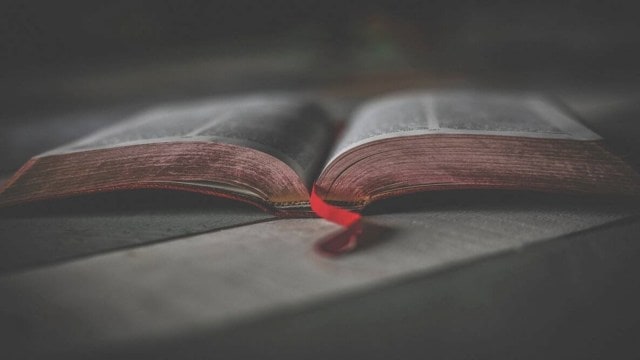
I met Keki Daruwalla in 2007. It was an autumn much like this one, the days losing light, the air unexpectedly flinty. I had heard him before of course — at poetry readings and book launches that we JNU students sometimes trooped into town for, asking impossible, jargon-rich questions at the end. Like thousands of others, I had also read him. But this was different. I was meeting him and I had a bona fide task.
That August, I had joined the Sahitya Akademi as an assistant editor. It was my first job, straight from an MA in English literature, and I spent the days surrounded by old issues of Indian Literature, that remarkable literary journal that has been publishing translations as well as original writing and criticism in English, from 1954. I assisted the editor, A J Thomas, in various tasks, and the one involving Keki was a curious one. At the time, the Akademi published new poets, and Keki, who was on the English language board, had placed a certain selection in the rejection pile. My editor felt it deserved another look. Keki was willing to oblige. My task was to bear the manuscript across. “Take Saurav with you,” my editor said.
If you think it was unprofessional for a young employee to show up at a great poet’s doorstep with her also-young and very new husband in tow, you misunderstand the specific culture that had engendered this; the grace that underpinned even editorial quibbling of a certain generation; the grace that included us, young people, in the ongoing conversation on literature and ideas.
There we were, at the appointed hour, in Mount Kailash. His ground-floor apartment that we would get to know so well in the years to come had a tiny patch of lawn in front and its hallways were full of books and photographs. He ushered us into the drawing room. We were not writers yet and there was no reason at all for the interaction to not get over in five minutes. Instead, a roaring adda was soon underway. How kind he was, I think now. How much interest he took in two people he had never met before.
Very soon, it was established that there were to be two parallel tracks to the adda. As tea came and came again, I spoke to the great poet about poetry: The manuscript I had brought along, his own work, and the generation of great Indian poets he belonged to. But the poet was equally interested in what Saurav wanted to talk to him about — his time in the Indian Police Services and, more excitingly, his time in the Cabinet Secretariat. They went back and forth in time — to 1962, when the young Keki had volunteered to join the SSB that had only just been established by B N Mullick, the controversial figure who headed IB; to 1993, when he had become chief of the Joint Intelligence Committee. “When will you write the reminiscences of your intelligence days?” Saurav twinkled.
“I don’t kiss and tell,” he had chuckled.
Eventually, we took our (reluctant) leave and he gifted us each a book. Saurav got John Le Carre’s The Little Drummer Girl while he inscribed my copy of The Keeper of the Dead to “Demonpriya”. “Your Devas are our Asuras,” he pointed out. I was Demonpriya to him since.
In the years to come, though we met him at literary gatherings, we still liked best the ground-floor apartment at Mount Kailash, soft in the diffuse light. We went over to give him our books when they came out, he fed us dinner and told us stories. Sometimes when Balkishen, his old faithful, wasn’t around to make his famous kebabs, he would get sandwiches from Wenger’s or samosas from Anupama. We took other writers to meet him too, and he fed them dinner and told them stories too. During Covid, we emailed him because, as his hearing declined, he didn’t like speaking on the phone so much. Later, I once went to meet him with the writer Namita Gokhale, a meeting full of sweetness. “Finish your memoirs,” I would tell him bossily. “I am writing everyday,” he’d say.
Every time, I returned home with an armful of books from his shelves. Every time, I admired his resilience and the writing he continued to produce, valiantly, brilliantly, originally. In his 60s, he had written his first novel. In his late-70s he began to write a novel with a female protagonist for the first time. Most recently, he wrote a novella and he continued to write short fiction.
The day I hear of Keki’s passing, I wake up to poetic blue skies, brilliant sunlight and the sense of autumn in the air. This last year of his illness had coincided with my father-in-law’s terminal illness, and the news of his loss jolted me out of our mourning over Daddy’s death in July. Grief upon grief split something open inside: It allowed me to find words again.
During one of our last addas in Mount Kailash, we had talked of the memoir again. My friend, the publisher Karthika V K, was really keen to publish it. He smiled and said, “Let me read the foreword to you. It’s in verse. About the first decade of my life.” As Karthika recorded it on her phone, I closed my eyes trying to memorise — not the lines — but the moment, how his voice rose and fell.
The memoirs remained unfinished. Great poet that he was, he was also one of India’s great intelligence men. He chose not to kiss and tell after all.
Roy is a Delhi-based author.
Her most recent book is Cat People, an edited anthology



